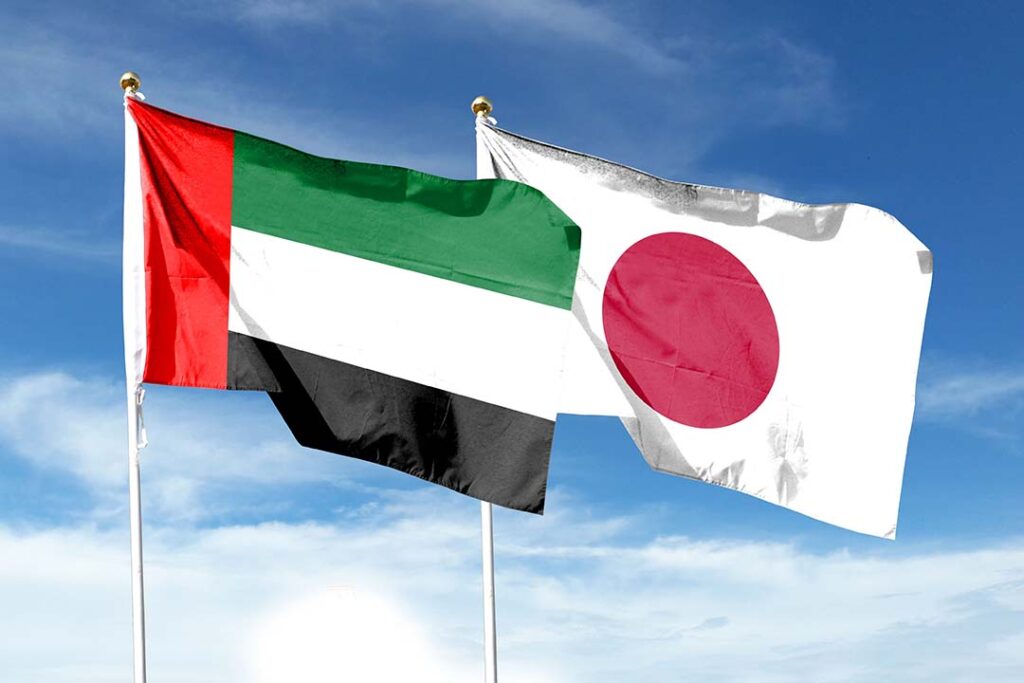Data from the Organization for Economic Co-operation and Development and the World Intellectual Property Organization reveal that South Korea not only boasts an excellent ICT infrastructure but also has one of the highest percentages of households with access to the internet worldwide.
The East Asian nation’s mobile environment is equally commendable, with a remarkable 99.98% of households enjoying mobile internet access. Moreover, with top global rankings in mobile internet speed and 5G penetration, this impressive connectivity positions it as an ideal location for business.
In 2022, South Korea secured the top spot on the ‘GovTech Maturity Index’ of the World Bank. This index assesses the advancement of government technology, public service delivery, and public engagement. South Korea’s exceptional performance in these areas has led to an initiative to share its digital governance expertise with the global community.
Accelerating Digitalization
South Korea’s fresh innovation strategy for the future is evident in the Digital Platform Government recently launched by President Yoon Suk Yeol’s administration. This progressive initiative leverages technologies like AI and cloud computing to elevate public operations. The objective is to forge a collaborative platform where citizens, businesses, and the government seamlessly interact via interconnected data.
To further propel its digitalization efforts, South Korea is ramping up digital transformation in the service sector. This endeavor includes deploying artificial intelligence in logistics, finance, and public administration. The government aims to bridge the gap created by outdated regulations and limited big data utilization. Measures such as intelligent transport systems and legal frameworks for drone and robot delivery services underscore South Korea’s commitment to improving everyday lives through digital innovation.
Advancing digitalization in the finance industry, the country will allow tourists from Southeast Asia to utilize their mobile payment systems from their home countries through a partnership with Zero Pay, a South Korean public payment service.
Adopting Blockchain and Cryptocurrency
In recent years, South Korea has emerged as a pioneer in cryptocurrency regulation. In 2020, it passed comprehensive cryptocurrency laws, and in 2023, the Act on the Protection of Virtual Asset Users was enacted, marking significant steps toward establishing a robust legal framework for virtual assets.
The blockchain landscape in South Korea is also teeming with innovation, with prominent institutions in the country adopting blockchain technology. The recent partnership between Hana Bank and BitGo, a digital asset custody and security firm from Palo Alto, along with South Korean game publisher Neowiz’s plans to develop games on the Avalanche blockchain, underscores the nation’s dedication to digital innovation.
South Korea’s strategic approach to digital transformation serves as a blueprint for other nations. By constructing robust infrastructure, implementing visionary policies, and forging strategic industry partnerships, South Korea stands out. Their digital transformation is impressive, and it’s certainly one to watch closely.












